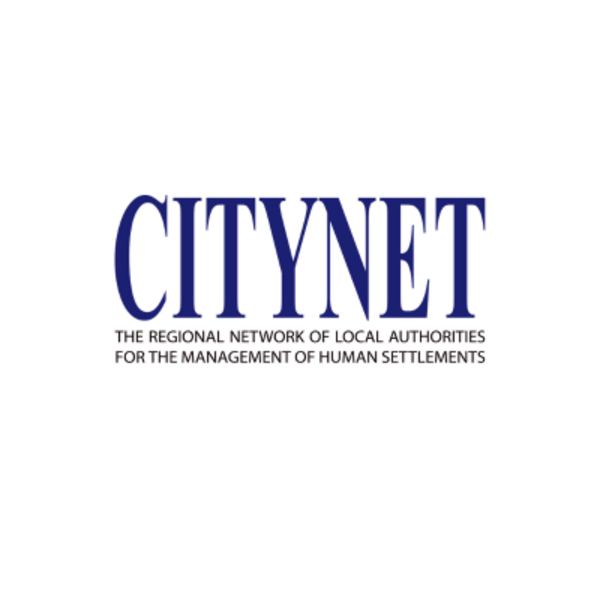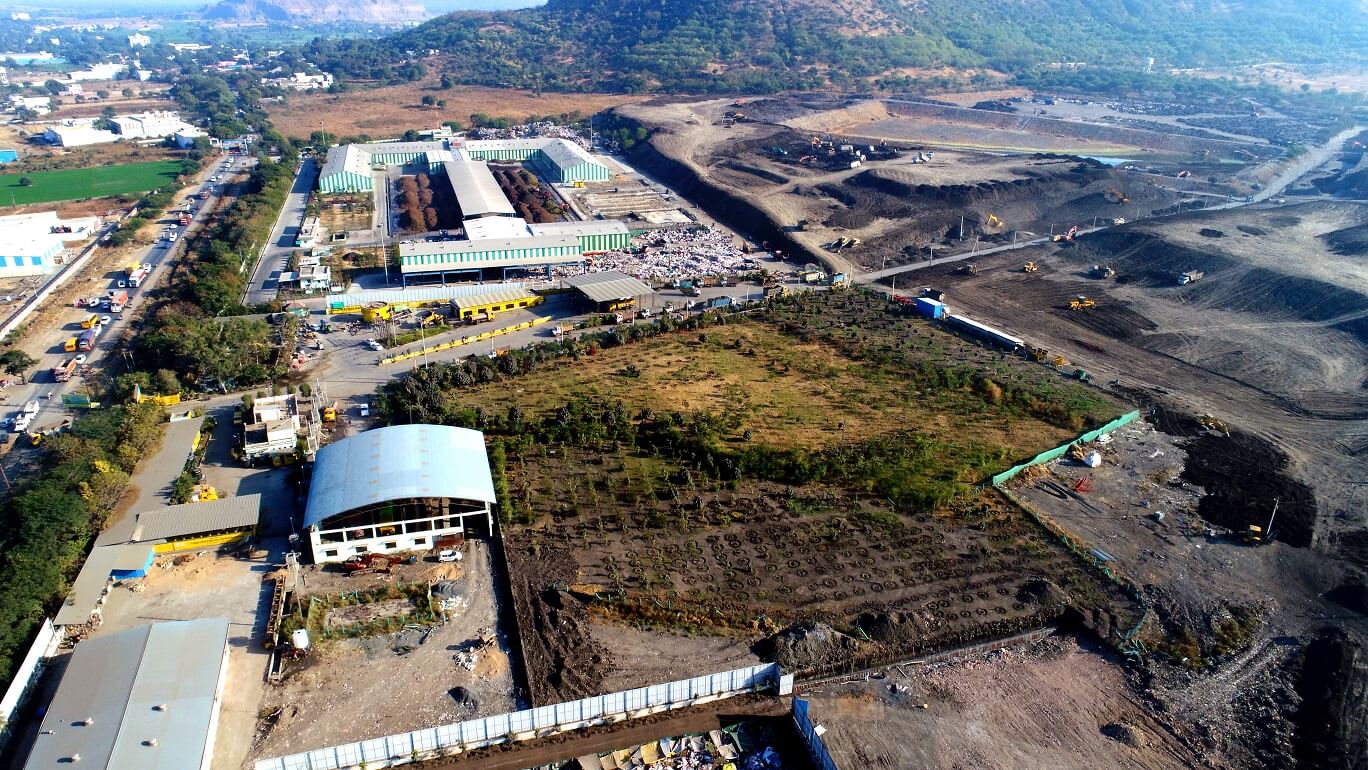 Pioneering a Plastic-Fee City - © City Of Indore
Pioneering a Plastic-Fee City - © City Of Indore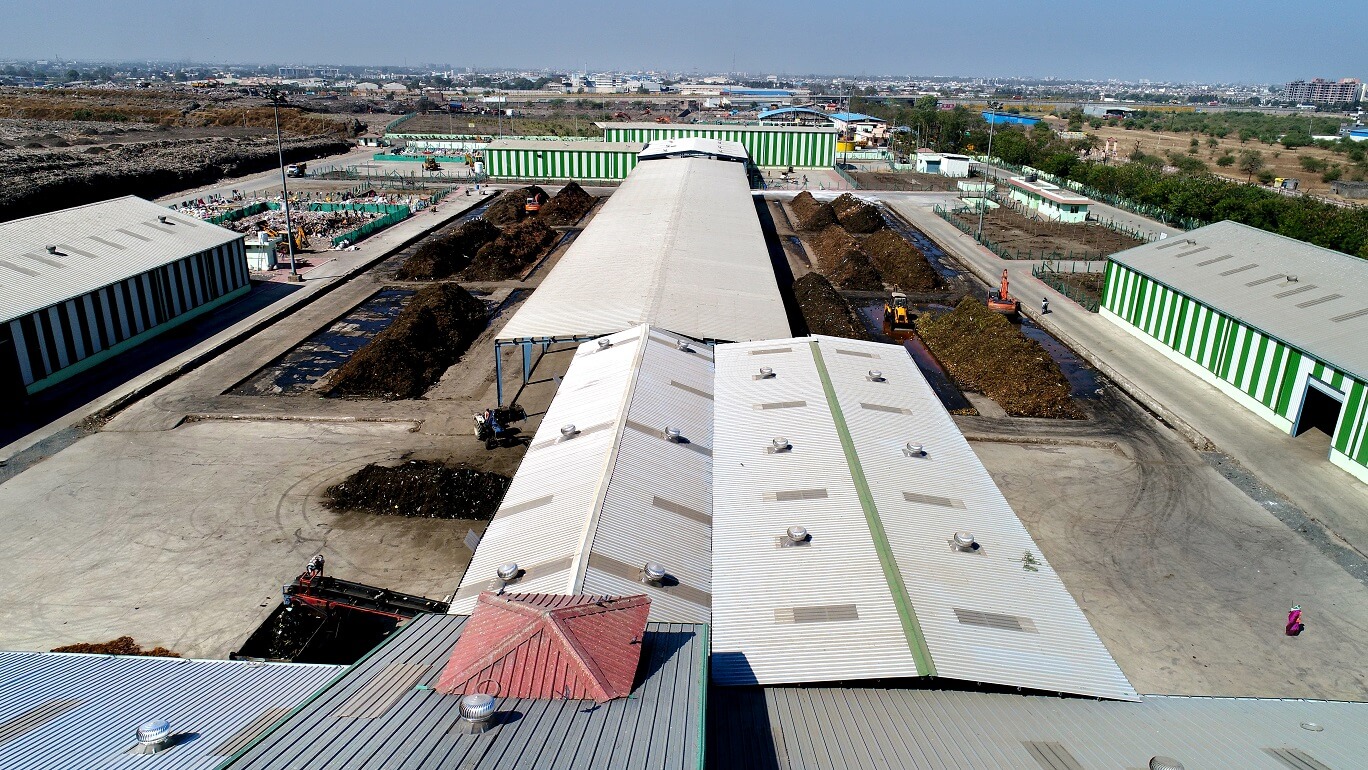 Processing Disposal site - © City of Indore
Processing Disposal site - © City of Indore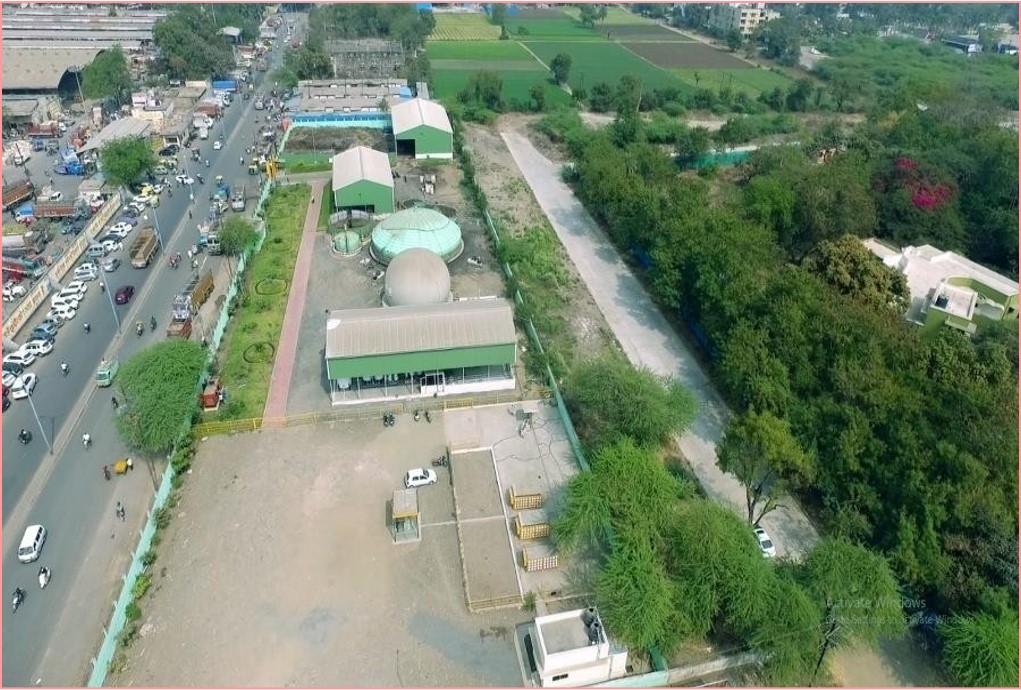 Methanation Plant - © City of Indore
Methanation Plant - © City of Indore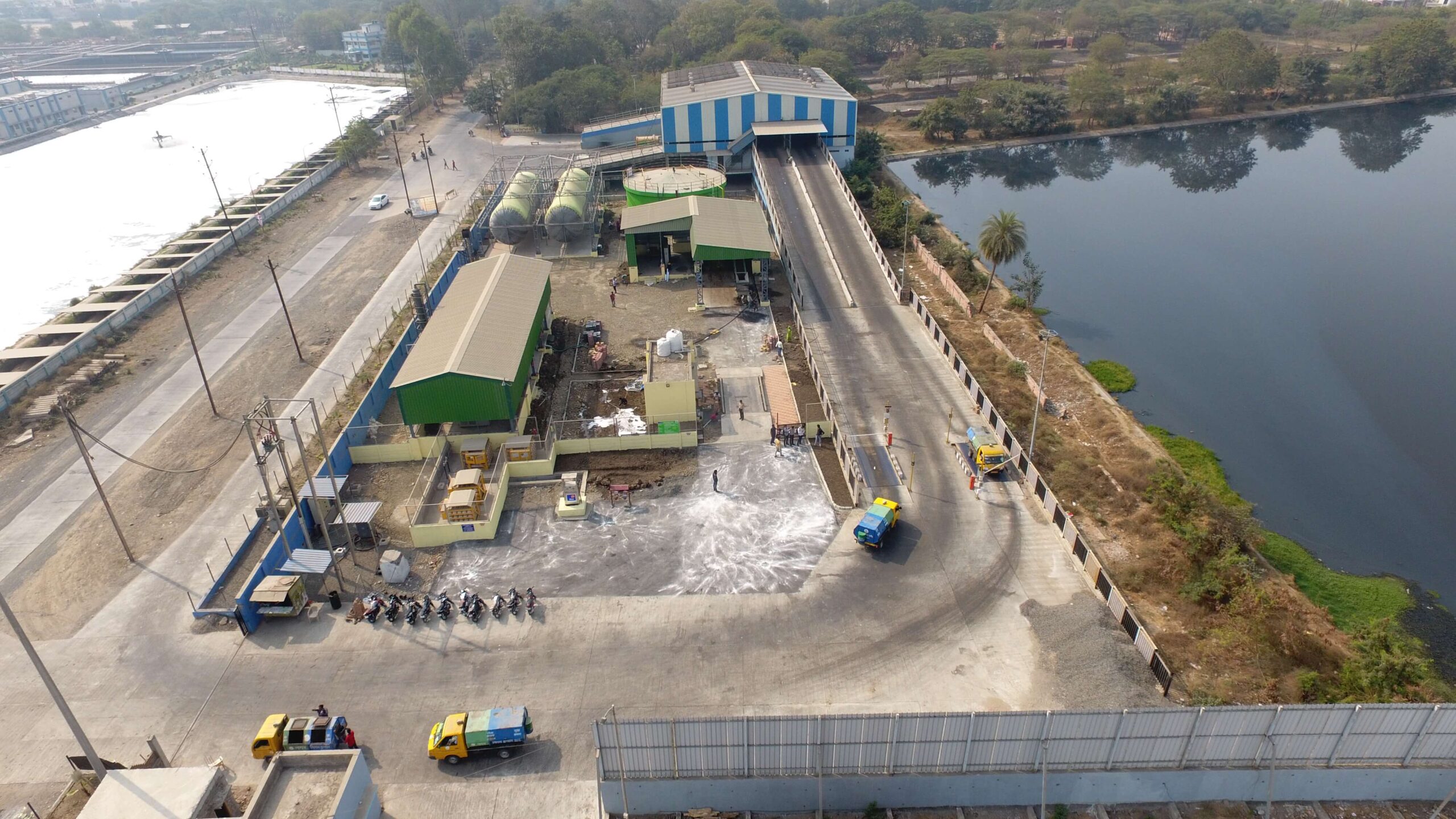 Bio Methane Plant - © City of Indore
Bio Methane Plant - © City of Indore
City
Indore
Main actors
City Government, Private Sector
Project area
Whole City/Administrative Region
Duration
Ongoing since 2013
The Plastic Free City initiative supports India's Swachh Bharat Mission by banning single-use plastics and promoting waste segregation and recycling. It also focuses on behaviour change and community involvement. It also aligns with the National Action Plan on Climate Change by reducing plastic waste, cutting greenhouse gas emissions, and promoting sustainability.
Overall, this initiative enhances India’s strategies for sustainable development, environmental protection, and climate resilience, aiding in the achievement of SDG commitments.
This is an abbreviated version of the original case study on the Urban SDG Knowledge Platform.
In 2013, Indore stood out as a primary contributor to plastic waste in Madhya Pradesh, owing to its vast land area and significant population.
The project's goal was to create a zero-plastic city by:
- introducing a ban on single-use plastic
- promoting waste segregation and recycling
- launching awareness campaigns
- encouraging alternatives to single use plastics
- implementing enforcement measures
Key Actions:
A pivotal initiative under this mission has involved transitioning to a six-bin system for waste management, implemented directly at the source from commercial establishments to households. This system segregates waste into dry waste, wet waste, plastic waste, e-waste, domestic sanitary waste, and domestic hazardous waste, ensuring efficient handling.
Another significant stride towards establishing Indore as a ‘Zero Plastic City’ under the Swachh Bharat Mission 2016 has been the establishment of the Centralized Processing Unit in Devguradia, by the Indore Municipal Corporation, which consists of 8 units catering to proper disposal of waste.
Stages:
Initially collected at garbage stations across Indore through the six-bin system, the waste is then weighed and compacted at these stations, and subsequently, it is transported to the Devguradia processing site. All waste from the city is directed to the Devguradia processing site/ trenching ground for final processing. It comprises of the following units:
- Centralised Organic Wet Waste Processing Unit (Aerobic Composting Unit)
- Material Recovery Facility (MRF)
- Plastic Waste Collection and Processing Unit
- Reverse Vending Machines
- Plastic waste fuel converter unit
- Bioremediation of old dumpsite
- Construction and Demolition (C&D) Waste Plant
- Scientific Landfill Site
Within the Centralized Organic Wet Waste Processing Unit (CPU), large quantities of wet waste weighing 30 kg and above are processed.
At Material Recovery Facility (MRF), the dry waste is segregated into different components such as metal, rubber, board, plastic, etc. The recyclable waste is sold to 14 Kabadiwalas, registered and authorised by IMC.
The Plastic Waste Collection and Processing Unit plays a vital role in managing the city's plastic waste through reuse and recycling initiatives. Waste pickers manually sort and sell recyclable plastic materials, contributing to the sustainable handling of plastic waste. Additionally, the IMC has implemented a plastic cleansing machine, colloquially referred to as a ‘Phatka Machine’, to process the remaining plastic waste.
An innovative approach introduced by the IMC involves the deployment of Reverse Vending Machines, aimed at reducing plastic bottle waste and minimizing transportation costs associated with bottle disposal. These machines have been installed at different public locations across the city, showcasing a proactive step towards plastic waste management and environmental sustainability.
The Plastic Waste Fuel Converter unit operates through a reverse polymerization process, converting 10 tonnes of scrap plastic waste into a minimum of 3,000 litres of fuel per day. This innovative technology not only addresses plastic waste management but also contributes to fuel production, fostering environmental sustainability and resource efficiency.
In addition to plastic waste conversion, the facility also focuses on bioremediation of old dumpsites through biomining, aiding in the treatment of historical waste accumulation.
Furthermore, the Construction and Demolition (C&D) Waste Plant, established by IMC under a Public-Private Partnership (PPP) model, specializes in processing construction and demolition debris waste, offering an efficient solution for managing this type of waste material.
Lastly, the Scientific Landfill Site comprises two engineered landfills spanning 6.25 acres each, providing a modern and environmentally responsible solution for the disposal of non-recyclable waste materials.
The evaluation and monitoring are equally important. If people repeatedly gave unsegregated trash, the supervisors would fine those households. All food outlets separate food waste and cart it off, the amount of food waste generated is recorded and stores pay a fixed charge based on the weight of the garbage they produce.
At the same time, the collection vans were timed as per resident’s general references, so in some areas, instead of early morning, the waste collection van visited only in the afternoon. Indore has set up 29 RRR centers and encourages citizens to participate actively in these programs.
The city has launched extensive campaigns to reduce the use of single-use plastics. Initiatives include banning plastic bags and promoting alternatives like cloth bags.
A "Plastic Heist" campaign was launched by Feedback Foundation and IMC inspired by the show Money Heist. Wearing red jumpsuits and Salvador Dali masks, the team confiscated plastic bags and straws in city markets, aiming to raise awareness and educate people about reducing plastic pollution.
The city has collaborated with private entities to set up waste processing plants and other facilities, ensuring financial sustainability and operational efficiency. The city has implemented various revenue-generating initiatives, such as the sale of compost and other by-products of waste processing, which helps in offsetting the operational costs of waste management.
The funding to develop units under the project was established by Indore Municipal Corporation through a Public-Private Partnership (PPP) model with Nepra Resource Management Private Ltd., and Aavishkaar Venture Management Services.
Cost for Material Recovery Facility – INR 15.625 Crore (INR 156.25 million or USD 2,520,200) by Nepra Resource Management Private; and the capital cost of plant of the Plastic waste fuel converter unit – INR 2.343 Crore (INR 23.43 million or USD 378,030).
- Indore has achieved nearly 100% segregated door-to-door collection of waste;
- Indore has consistently held the top position in the Cleanest Cities of India list, for the past seven consecutive years (2017 to 2023) under the Swachh Bharat Mission;
- The city has transformed old dumpsites into green zones, significantly reducing the environmental impact and reclaiming valuable urban land;
- Converted waste into usable products, such as compost and fuel;
- Such an initiative improves the Environment and Public Health, directly benefiting multiple stakeholders such as the residents of the city, the local businesses, the government as well as wildlife and animals;
- Marginalised communities of Kabadiwalas (Scrap dealers) and ragpickers benefit by engaging in authorised and registered work such as the selling of recyclable waste;
- Similarly, more other informal sector workers benefit from increased opportunities for employment;
- The local farmers also benefit as they receive free compost from these plants;
- The low-income residents and slum dwellers experience improved living conditions, better sanitation and reduced public health hazards;
- This serves as a model for other cities struggling with similar challenges.
The initiative's core practices are highly replicable and adaptable to other cities with tailored local strategies.
There are excellent prospects for scaling up, especially with supportive policies and strong community involvement. It’s ideal for cities with significant plastic waste challenges and engaged local communities.
On Map
The Map will be displayed after accepting cookie policy
